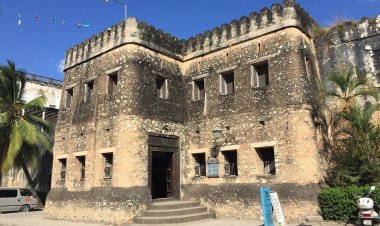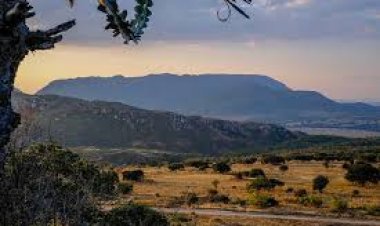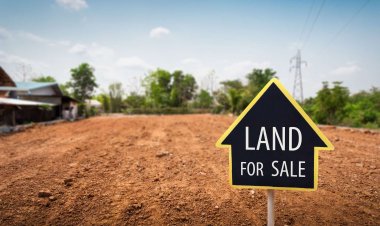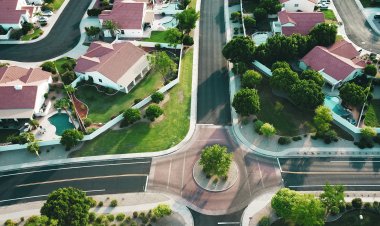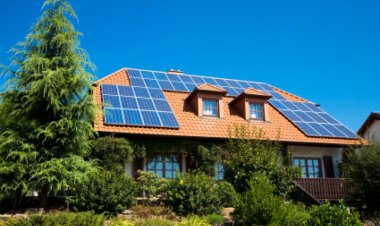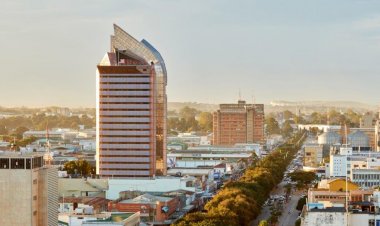Njombe Residents Advised to Invest in Land Production
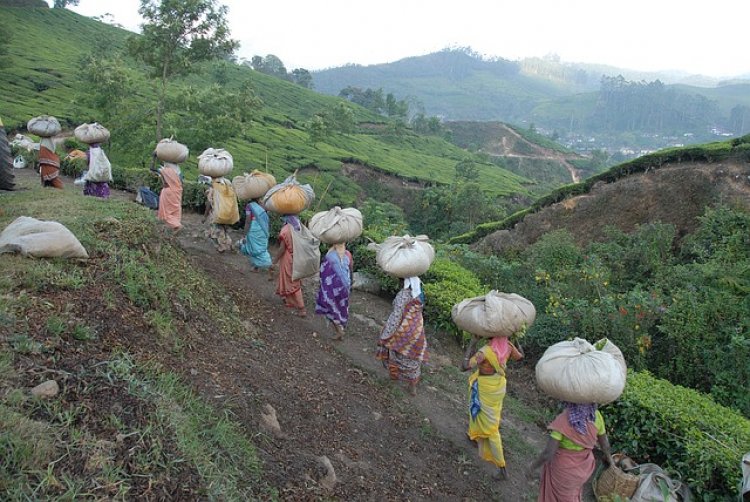
Njombe is among regions established recently that is covered with 24,994 sq. km. According to the national census of 2012 under the legacy of former Tanzanian President Jakaya Kikwete, it was concluded that Njombe has a population of 702,097 residents. In 2021, the population has increased to approximately 853,932 people.
It is among the few regions in the country with very few inhabitants compared to the others but it is the best region in the country as it has accumulated well domestic revenue.
Speaking to the chairman of Njombe city council, Edwin Mwanzinga, he mentioned that since 2019-2020 have successfully collected 2.1 billion, and the year 2020-2021 up today they have collected 1billion which is equal to 100%.
Despite having few inhabitants it does well in accumulating internal revenue playing a larger part in the growth of the national income.
Mr Mwanzinga also added that he advised the residents of Njombe region to engage heavily in land production because their region is blessed to have great land. Instead of focusing solely on timber production, he insisted that the residents should also engage in other crop production since the climate in the region is favorable for the cultivation of avocado, potatoes, and other crops. According to him, these crops are of high value as they are highly marketable and they can profit the farmers.
One Hashim Sadick, of Mji Mwema in Njombe said that it's true the region has great land and most people have more than ten hectares of land. However, he asserted that they do not have the materials to practice large-scale land production since they lack capital, and have poor infrastructure.
He also mentioned that the region does need more investors to arrive in Njombe to engage in a different production.
Additionally, he called on the government to help the small farmers in providing them loans for the construction of quality infrastructure so that they can make their land to become more beneficial and increase internal revenue that will, in turn, ensure the growth of their region and nation development.









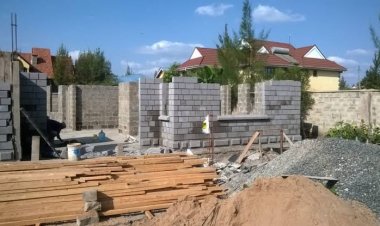
![4 Indigenous Tribes Living in Huts in East Africa [PHOTOS]](https://realestateblogpost.com/uploads/images/2023/06/image_380x226_6482dd8b5c94a.jpg)
